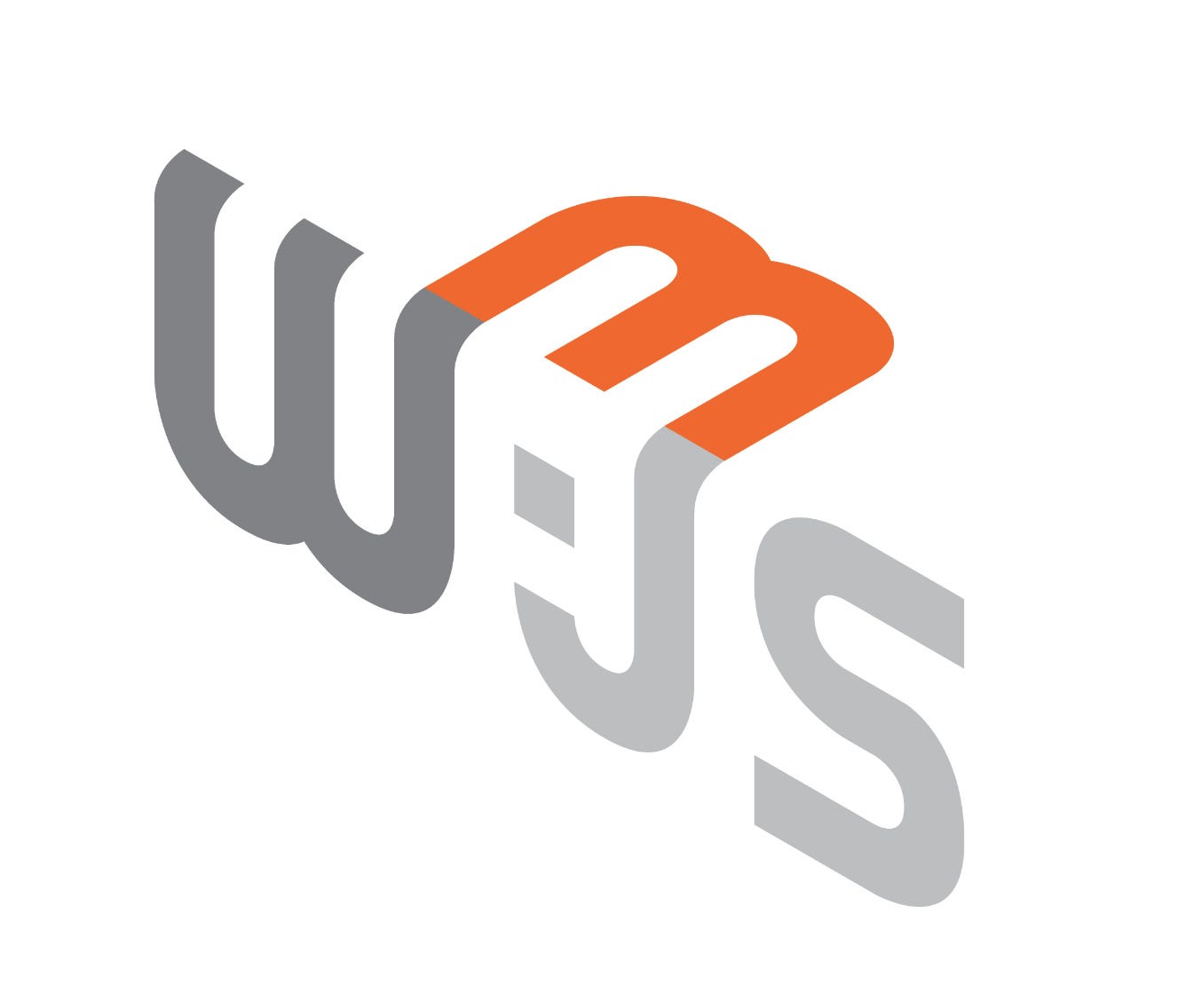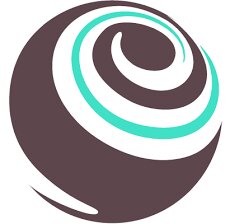10 Most Popular Blockchain Tools In 2024
The below article goes through the top 10 trending Blockchain Development tools in 2024 by professional blockchain developers worldwide.
Contents
Best-suited Blockchain courses for you
Learn Blockchain with these high-rated online courses
Top 10 Blockchain Tools
Following are the 10 most trending Blockchain Development Tools in 2024:
Solidity
Solidity is an open-source high-level object-oriented programming language popularly used for creating smart contracts and decentralized applications (dApps). It got highly inspired by Javascript, C++, and Python, making it easy and relatable for developers to understand.
For more insights, read – Solidity: A Programming Language for Smart Contracts.
Hyperledger Fabric
Hyperledger Fabric is an open-source blockchain platform that is maintained by the Linux Foundation. It is designed for enterprise use cases and is intended to be a foundation for building blockchain applications and networks. Hyperledger Fabric has a modular architecture and supports pluggable components, which makes it easy to customize and extend. It also has a flexible consensus model that allows users to choose the consensus algorithm that best fits their needs.
Ethereum
Ethereum is a decentralized platform that runs smart contracts: applications that run exactly as programmed without any possibility of downtime, censorship, fraud or third-party interference. It was developed by Vitalik Buterin in 2014 and has since become one of the most widely used blockchain platforms.
The Ethereum is based on a blockchain and uses a decentralized virtual machine, called the Ethereum Virtual Machine (EVM), to execute smart contracts. The EVM is a global, open-source computing environment that is designed to be run on a decentralized network of computers. It allows developers to build and deploy decentralized applications (DApps) and write smart contracts in a variety of programming languages.
Solc
Solidity Compiler, aka Solc, is a command-line compiler for solidity programs. It aims to convert the solidity code to bytecode for Ethereum Virtual Machine (EVM) to interpret it.
There are 2 types of Solidity compiler (Solc):
- Solc (Written in C++) – It’s a command-line compiler that first converts the Solidity code to javascript using emscripten. Then compiles the javascript code to bytecode for EVM.
- Solcjs (Nodejs Library) – It’s a command-line interpreter which directly compiles solidity code into bytecode for EVM. This JavaScript-based compiler can run in both browser and Node.js environments. The popular Ethereum IDE, Remix also uses Solcjs as a compiler.
Truffle
Truffle is a complete blockchain development environment used for compiling, testing, and deploying smart contracts and creating decentralized applications. It enables automated contract testing using Chai and Mocha. Truffle is well-equipped with required libraries and built-in procedures to ease the process of developing and deploying smart contracts.
Ganache
Ganache is a Blockchain simulator that can deploy on your local system. It enables a GUI to simulate Blockchain networks without setting up real test networks or an actual remote network. It provides vacant Ethereum addresses with fake 100 ETH in each account, use to test and deploy your smart contracts and decentralized applications.
Metamask
Metamask is a software wallet to store, send and receive ETH cryptocurrency and other Ethereum Tokens. It gets added as a web browser (chrome, firefox, brave, etc.) extension and works as an intermediate between the Blockchain and the decentralized applications. In addition, Metamask can connect with Shapeshift and Coinbase to sell and buy ETH cryptocurrency and ERC20 tokens.
Remix
One of the most popular and easy-to-use Ethereum IDE is Remix for executing and deploying a Solidity smart contract. It has the compilers compatible with almost all the versions of Solidity. Moreover, it has a simulated Blockchain environment with vacant addresses to test, run and deploy your contract. In addition, Remix can also connect to the Ethereum blockchain using the Metamask wallet.
Geth
Geth is an Ethereum node implementation developed using the Go programming language. It’s available in three interfaces: the interactive console, JSON-RPC server, and command line. It supports blockchain development on Linux, Windows, and Mac operating systems.
Geth is an ideal and preferred tool for several Ethereum Blockchain tasks that include creating smart contracts, token transfer, checking block history, and mining ether tokens. Here, users can also connect to the existing Blockchain or develop their own blockchain network.
Web3.js
Web3.js is a collection of libraries that allow users to interact with an Ethereum node remotely or locally. It provides an API to interact with Blockchain easily. Web3.js is a kind of wrapper for JSON RPC to create a connection to a remote or local Ethereum node with either an HTTP or IPC connection.

It usually comes handly while using Nodejs to create decentralized applications.
Embark
Embark is a blockchain development and management tool that assists developers while creating decentralized applications. It also provides an environment to develop and deploy a serverless html5 application. Embark follows the contract code directly. So if any changes occur to the contract, it modifies the related dApps.
Conclusion
In conclusion, the blockchain industry is constantly evolving and new tools are being developed all the time. While it is difficult to predict with certainty which blockchain tools will be the most popular in 2024, some of the top contenders are likely to include Hyperledger Fabric, Ethereum, Solidity, Embark, Corda. Each of these tools has its own unique features and capabilities, and the one that is best suited for your needs will depend on the specific requirements of your project. Whether you are a developer looking to build decentralized applications, a financial institution looking to streamline payment processing, or an enterprise looking to improve supply chain management, there is likely a blockchain tool that can help you achieve your goals. As the blockchain industry continues to mature and evolve, it is important to stay up-to-date with the latest tools and technologies in order to remain competitive and take advantage of the many opportunities that this exciting field has to offer.
FAQs
What is Blockchain?
Blockchain is a decentralized ledger that permanently stores the transaction records. It keeps them in cryptographic linearly connected blocks. The blocks make blockchain transactions traceable and secure. It is a peer-to-peer (P2P) connection among nodes. Each node keeps the exact copy of transaction records, making it hard to alter by any network intruder.
What are the applications of Blockchain?
It is used for financial services, to create digital assets (like NFTs), supply chains, smart contracts, decentralized applications (dApps), and many more.










